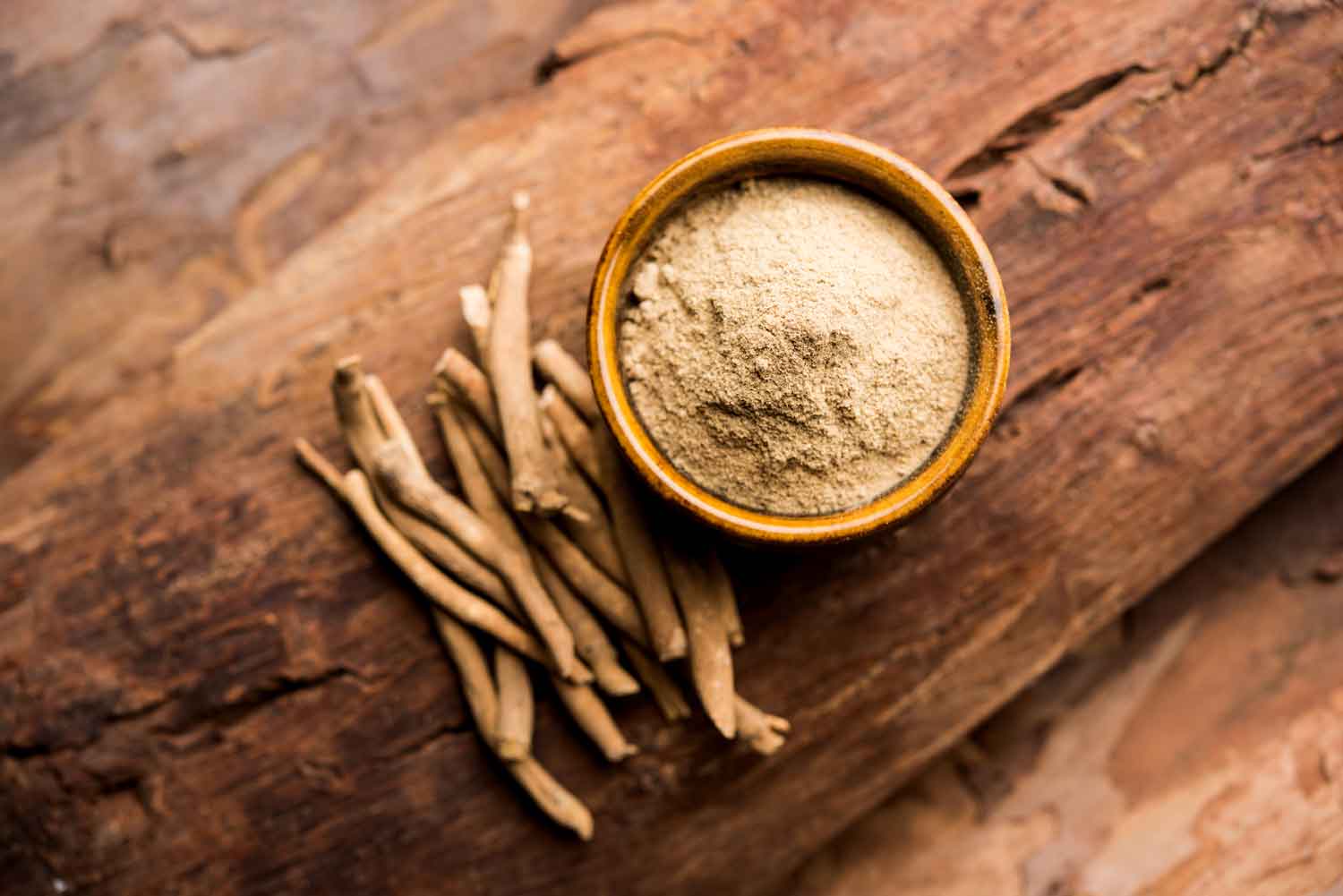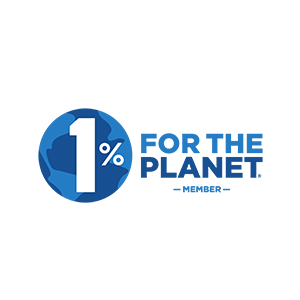
Ashwagandha | Benefits, Uses, & Side Effects
WRITTEN BY KRISTINA TELHAMI AND DR. SWATHI
What is ashwagandha?
Have you heard of ashwagandha (Withania somnifera)? It is an adaptogen and ancient medicinal herb used for centuries in Ayurvedic medicine. The plant grows in India and North Africa and looks like a shrub with yellow flowers (1). It has become a popular supplement and although it is generally safe, it is important to talk about what it can be used for and how to take it. Read on to learn more!
What are its health benefits?
Ashwagandha has been used to relieve stress and help with anxiety. A randomized double-blind, placebo-controlled study showed that high concentrations of ashwagandha root extract reduced stress and anxiety in adults. In this study, 64 patients with chronic stress were studied and a baseline serum cortisol level was drawn. At the end of the study, cortisol levels and anxiety were reduced (1).
It has also been shown to reduce blood sugar levels. One study demonstrated that it improved insulin sensitivity and insulin secretion in muscle cells (2). Another study showed that ashwagandha helped reduce blood sugar levels in patients who have diabetes (3).
Other studies are showing that ashwagandha can boost testosterone and increase fertility in men. A study in 75 infertile men resulted in an increase in sperm count and testosterone levels (4). Because stress has been shown to be associated with male infertility, the stress-reducing properties of ashwagandha has its use for fertility issues. Another study in 120 men between the ages of 25 and 50 years of age. The control group consisted of 60 healthy unstressed men who had previously had at least one successful pregnancy and a normal semen profile. The study group consisted of 60 subjects who had infertility of unknown etiology and were also under physiological stress. The study concluded that pregnancy outcome resulted in a 14% success rate when using ashwagandha in the study group (5).
A reduction in inflammation was seen in some animal studies when using ashwagandha (6). In one human study, five people consumed 6 mLs of ashwagandha extract twice daily for 96 hours. After this time of consumption, the patients had an increase in activity of their NK (natural killer) cells, which are immune cells that aid in fighting off infections (7).
How do I use it?
Ashwagandha comes in various forms so you can use it depending on what fits best with your lifestyle. There are capsules, gummies, powders, elixirs, and extracts or liquid drops available. Some people believe that flavor in the powder is strong and bitter, so it could be great baked into desserts, added to smoothies, or disguised in your morning oatmeal. Capsules could be a good starting point if you want something without flavor that can be easily consumed.
What dose should I take?
The right dosage for you depends on why you are taking ashwagandha for. In a randomized double-blind placebo-controlled study done on 64 participants, cortisol levels were reduced when using 300 mg of ashwagandha root extract twice daily for 60 days (8). Another study showed that stress levels were reduced when only using 125 mg of ashwagandha daily (9). Dosages usually range from 125-600 mg daily, but it is always better to start low and go up slowly as needed.
Are there any side effects?
Please note that taking a supplement won’t magically change your life and make your stress go away forever. Although ashwagandha may reduce some symptoms of stress, it is important to manage your stress with other lifestyle measures. Make sure you are putting yourself first, resting, going for walks, and doing what makes you happy.
References:
- Mirjalili MH, Moyano E, Bonfill M, Cusido RM, Palazón J. Steroidal lactones from Withania somnifera, an ancient plant for novel medicine. Molecules. 2009;14(7):2373-2393.
- Gorelick J, Rosenberg R, Smotrich A, Hanuš L, Bernstein N. Hypoglycemic activity of withanolides and elicitated Withania somnifera. Phytochemistry. 2015;116:283-289.
- Raut AA, Rege NN, Tadvi FM, et al. Exploratory study to evaluate tolerability, safety, and activity of Ashwagandha (Withania somnifera) in healthy volunteers. J Ayurveda Integr Med. 2012;3(3):111-114.
- Ahmad MK, Mahdi AA, Shukla KK, et al. Withania somnifera improves semen quality by regulating reproductive hormone levels and oxidative stress in seminal plasma of infertile males. Fertil Steril. 2010;94(3):989-996.
- Mahdi AA, Shukla KK, Ahmad MK, et al. Withania somnifera Improves Semen Quality in Stress-Related Male Fertility [published online ahead of print, 2009 Sep 29]. Evid Based Complement Alternat Med. 2009;2011:576962.
- Khan MA, Subramaneyaan M, Arora VK, Banerjee BD, Ahmed RS. Effect of Withania somnifera (Ashwagandha) root extract on amelioration of oxidative stress and autoantibodies production in collagen-induced arthritic rats. J Complement Integr Med. 2015;12(2):117-125.
- Bhat J, Damle A, Vaishnav PP, Albers R, Joshi M, Banerjee G. In vivo enhancement of natural killer cell activity through tea fortified with Ayurvedic herbs. Phytother Res. 2010;24(1):129-135.
- Chandrasekhar K, Kapoor J, Anishetty S. A prospective, randomized double-blind, placebo-controlled study of safety and efficacy of a high-concentration full-spectrum extract of ashwagandha root in reducing stress and anxiety in adults. Indian J Psychol Med. 2012;34(3):255-262.
- Auddy, B., Hazra, J., Mitra, A., Abedon, B., Ghosal, S., & Nagar, B. A Standardized Withania Somnifera Extract Significantly Reduces Stress-Related Parameters in Chronically Stressed Humans: A Double-Blind, Randomized, Placebo-Controlled Study. (2008).
--
This article was edited by Dr. Swathi and written by Elēment Apothēc Scientific Communications Intern, Kristina Telhami. She is a Doctor of Pharmacy (PharmD) student at Keck Graduate Institute in Claremont, California.










